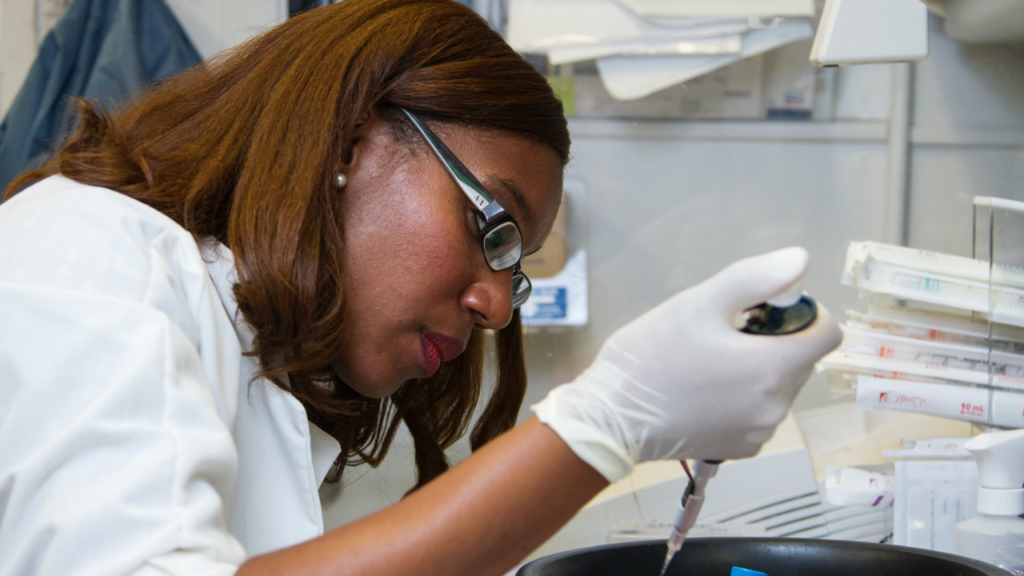Clinical monitoring refers to the supervisory and administrative activities that track a participant’s health and treatment efficacy. So, what does clinical research monitoring entail?
Monitoring is an integral part of any research project because it ensures ethical behavior, effective data collection and documentation, accurate records of study processes and subject contacts, and adherence to the authorized protocol.
The goal is to ensure that: Human participants’ rights and well-being are protected. The trial data given are correct, full, and verified through source documentation (records of clinical findings, observations, or other activities in a clinical trial).
Types of monitoring in clinical trials:
on the job: On-site monitoring requires an in-person examination of the investigation location by sponsor employees or representatives.
through the internet: The monitor performs off-site evaluations distant from the site where the clinical trial is taking place.
from a single location: Centralized monitoring entails an analytical examination by sponsor employees or representatives at a central location other than the clinical trial site.
Our mission at Xcene Research is to accelerate access to life-saving treatments in Africa, and we believe that one way to do so is through quality and effective clinical monitoring plan in the various stages of clinical trials, which is why we pay meticulous attention to detail at every stage of our clinical trial processes.




That you’re spreading the word about this blog is fantastic. Those who want to participate in clinical research should read this blog.